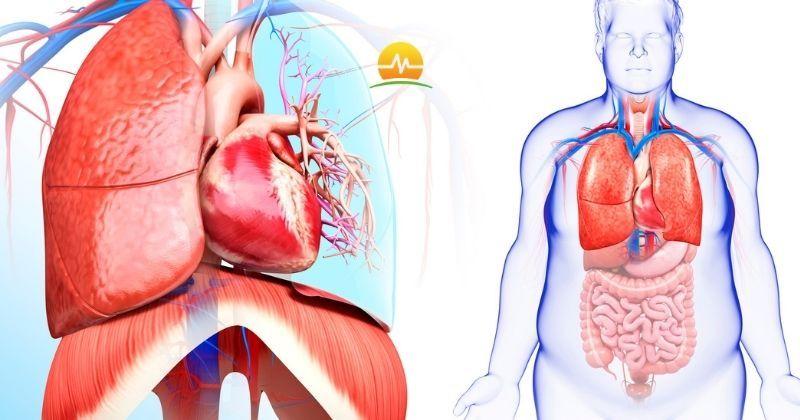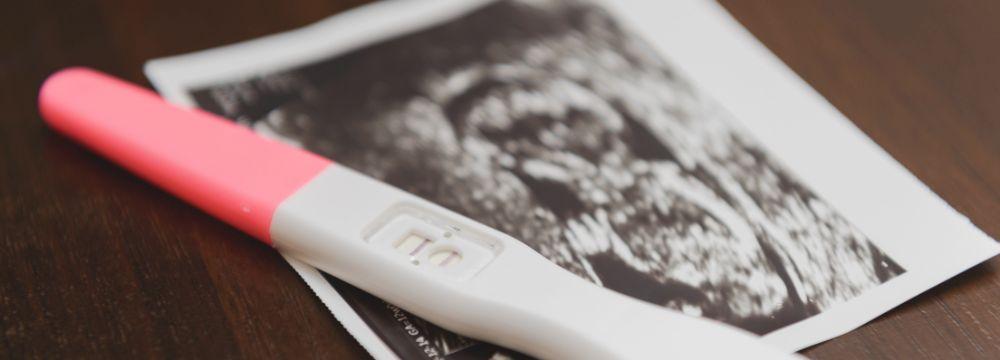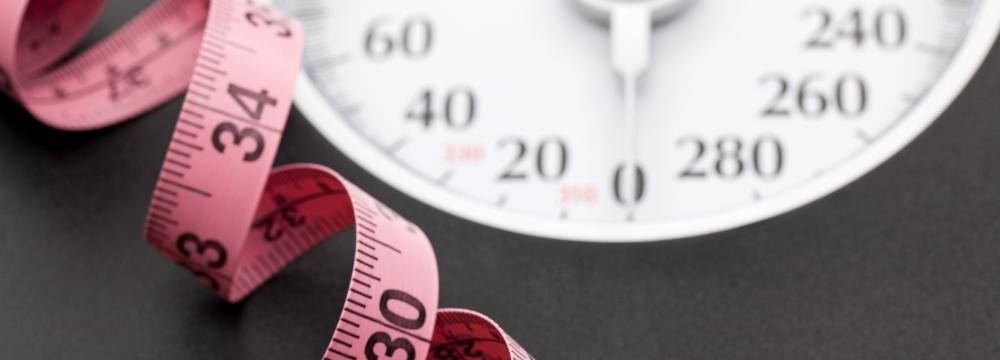Atrial fibrillation, or AFib, is a heart condition in which a person has an irregular or abnormally fast heartbeat. The risks associated with AFib can remain low if dealt with properly, but if left untreated, AFib can lead to life-threatening heart conditions such as blood clots, stroke, or heart failure. AFib is a very common heart condition – it is estimated that over 5.5 million adults are living with it in the United States.

There are many possible unmodifiable causes of Afib including structural heart disease. Conditions such as heart attack, high blood pressure, and stress can all increase the risk too. A family history of heart conditions and age also contribute to your risk of developing AFib. While a lot of these causes of AFib are beyond your control, there is a variable that you can control – your weight.
Weight and AFib
Age is indeed a factor when calculating your overall risk of developing AFib. However, studies indicate that obesity can increase the risk of AFib by 40 percent in people over the age of 70. People with a BMI of 30 or higher, classified as obese, are twice as likely to develop AFib. Excess weight also contributes to the risk of high blood pressure and heart attack – both of which are risk factors for AFib.
A study conducted in 2015 in Australia followed 355 patients with coexisting obesity and AFib for four years as they tried to lose weight. The results were promising – those that lost 10 percent, or more, of their body weight were 6 times more likely to live symptom free of AFib without medical intervention.
What Can You Do?
If you have a family history of heart disease or AFib, start taking preventative measures now to lower your risk. Eating a well-balanced diet and participating in regular exercise are both ways to maintain a healthy weight and keep your heart healthy.
If you are struggling with your weight and have AFib, talk to your doctor about steps you can take to shed excess weight. This could include a personalized diet or exercise regimen or undergoing weight loss surgery. Losing weight can save your life in more ways than one.
The Bottom Line
Talk to your doctor about your risk of developing AFib. If you are overweight or obese, interventions such as bariatric surgery may be a good fit for you. Contact us today to learn more about your options. MASJax is dedicated to helping you lead a healthier and happier life.









